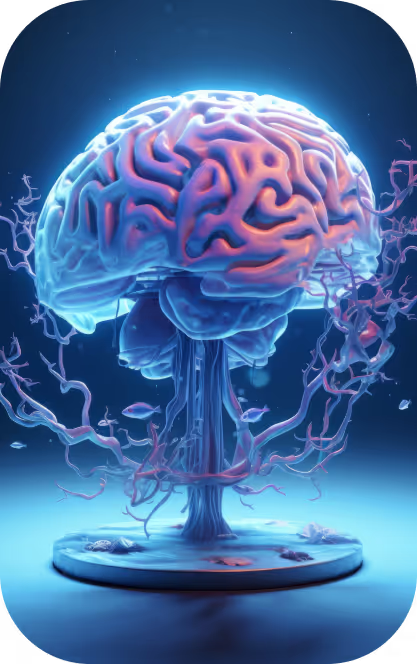Artificial Intelligence as a Mirror of Human Consciousness: An Ethical and Epistemological Perspective


In the early 21st century, the development of artificial intelligence (AI) has shifted from isolated research projects and speculative fiction to an omnipresent force shaping every dimension of human life—from personalized learning algorithms and medical diagnostics to autonomous vehicles and policy decision-making systems. Yet beyond the functionality and sophistication of AI lies a deeper philosophical and civilizational question: what does artificial intelligence reflect about the society that creates and deploys it?
From a noospheric perspective, which frames the evolution of humanity as a process of collective cognitive and moral development, AI can be understood not merely as a tool, but as a projection of human consciousness—its structures, biases, ambitions, and limitations. The algorithms we train are ultimately trained on us: our data, our histories, our preferences, our omissions. Therefore, AI systems inherit the epistemic and ethical architectures of their creators, consciously or otherwise.
Epistemological Reflections: AI as a Cognitive Extension
The modern AI paradigm, rooted in machine learning and statistical inference, is increasingly recognized as an extension of human cognition—a second-order system that operates not with intention, but with approximation. In this sense, AI mirrors our way of knowing the world: it categorizes, predicts, associates. However, it does so without understanding or meaning-making.
The noospheric framework compels us to ask: Are we building intelligent systems that elevate the collective capacity for insight, or simply replicating our most efficient heuristics? The risk lies not in intelligence per se, but in reducing intelligence to optimization without wisdom. Without integrating reflective awareness—what some call meta-cognition or ethical reasoning—AI may amplify what is already broken in our ways of seeing and acting.
Ethical Dimensions: AI as Moral Amplifier
The ethical challenge of AI is not hypothetical—it is manifest. Biased sentencing algorithms, discriminatory hiring tools, surveillance systems, and behavior-manipulating recommender engines all exemplify how AI becomes an amplifier of moral ambiguity when deployed without safeguards. These outcomes are not failures of code, but symptoms of deeper value conflicts.
A noospheric ethics, drawing on Vernadsky's vision of a planetary mind, requires us to see AI as a moral interfacebetween technology and civilization. It calls for responsibility at the level of design, implementation, and social integration. This includes:
- Transparent, explainable AI architectures;
- Participatory governance and co-design with marginalized groups;
- Cross-cultural standards for AI ethics;
- Embedding AI literacy into general education;
- Regulatory frameworks aligned not only with economic goals but with planetary sustainability and human dignity.
Beyond Utility: AI and the Evolution of Human Meaning
In the techno-economic discourse, AI is primarily framed as a driver of productivity, efficiency, and innovation. But from a civilizational lens, AI may be the first technology that not only changes how we live—but also how we define life, intelligence, and consciousness. It raises ontological and existential questions: What distinguishes machine cognition from human awareness? What forms of sentience should be recognized as morally significant? What responsibilities emerge when we create systems that simulate (but do not possess) intentionality?
Within a noospheric paradigm, such questions are not ancillary but central. They imply that AI is not only a functional apparatus, but also a stimulus for humanity to reflect on its own trajectory—its ethics, its metaphysics, and its vision of the future. In this view, the telos of AI is not automation, but illumination: enabling us to see ourselves more clearly, to evolve not only technologically but also spiritually.
Conclusion: From Reflection to Responsibility
Artificial intelligence is a mirror—but like all mirrors, it shows what stands before it. If we approach it with unconsciousness, greed, and haste, it will reflect back systems of exploitation, alienation, and division. If, however, we bring to it our highest capacities—empathy, foresight, and responsibility—AI can become a co-architect of a more conscious civilization.
In the end, the future of AI is not a technological question, but a human one. It is a question of who we are—and who we are becoming.










